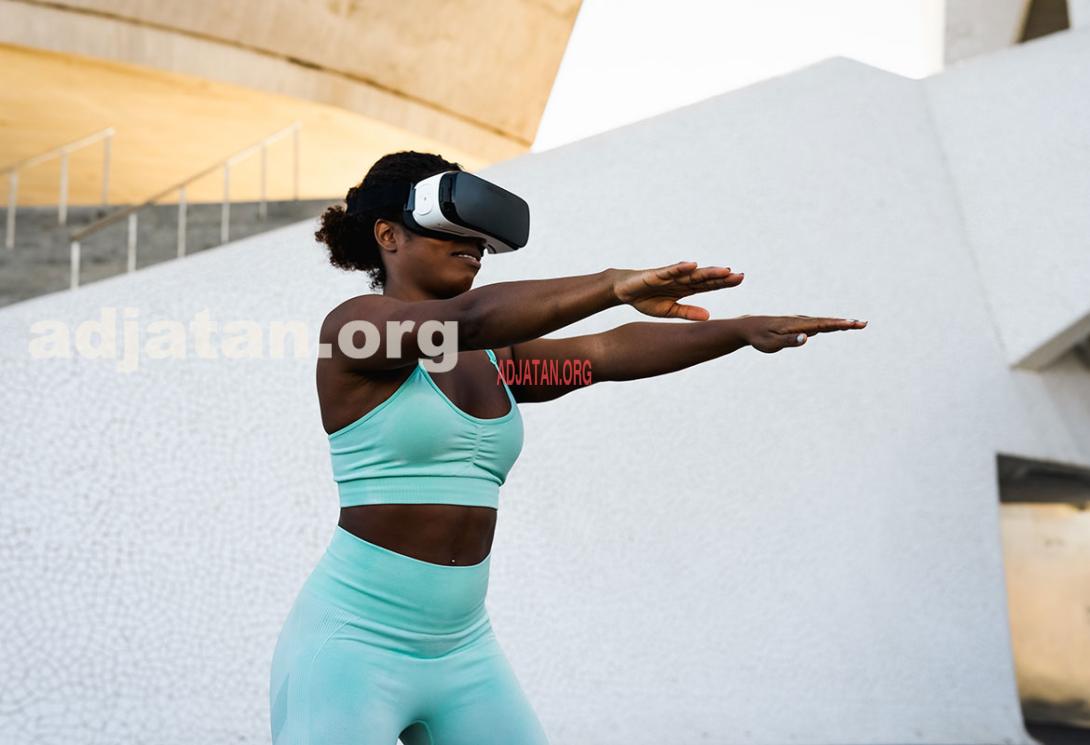
The metaverse is a term that refers to a virtual 3D universe, much like a video game, but with social and economic features. In the metaverse, users can create avatars that represent them and interact with other users in a shared digital world.
There are already several concrete examples of using the metaverse, such as:
- Online video games: Games such as Fortnite and Roblox are examples of metaverses. Players can create their own avatars, explore virtual worlds, and interact with other players online.
- Social networks in virtual reality: platforms like Facebook Horizon and VRChat allow users to meet in virtual 3D worlds and interact as if they were in the real world.
- Virtual events: Certain events, such as concerts and conferences, have started to take place in virtual spaces, allowing participants from all over the world to join the event without having to physically travel.
- Training and simulation environments: Metaverses are used for corporate training and simulations, allowing users to practice skills or procedures in a safe and controlled environment.
The metaverse is still in development and it is difficult to predict all possible future uses. However, it offers exciting possibilities for social interactions, immersive experiences, and the digital economy.
Examples of using the metaverse in business
- Virtual Meetings: Companies can host virtual meetings in metaverse spaces, allowing employees to come together in a shared digital environment.
- Training and skill development: Metaverses can be used for training and skill development, providing interactive environments to practice specific skills or simulate work situations.
- Collaboration and teamwork: Metaverse spaces can allow employees to collaborate and work on projects together, even if they are not in the same physical location.
- Marketing and Advertising: Businesses can use metaverse spaces to promote their products or services by creating immersive experiences for customers.
- Design and prototyping: Metaverses can be used for 3D product design and prototyping, providing a more immersive experience for designers and customers.
- Recruitment: Companies can host virtual recruiting events in metaverse spaces to meet candidates and showcase their job openings.
- Product development: Metaverses can be used for collaborative product development, allowing team members to work together on a digital prototype in real time.
- Virtual business tours: Businesses can create immersive experiences for potential customers, allowing them to virtually visit their premises or factory.
- Customer training: Companies can provide training for their customers on how to use their products or services, using metaverse environments to make the experience more interactive.
- Corporate Events: Metaverses can be used to organize corporate events, such as parties, celebrations, annual meetings, or conferences.
Challenges for Africa
This emerging technology presents many challenges for Africa. Here are some of those issues:
- Digital inclusion: The use of the metaverse could help improve digital inclusion in Africa, providing opportunities for rural populations or people living in remote areas to access digital services.
- Digital Economy: The metaverse can provide opportunities for African businesses to grow in the digital economy, enabling them to create innovative products and services for local and international markets.
- Training and education: Metaverse environments can be used for training and education, allowing African populations to have access to high quality distance learning programs.
- Culture and identity: The metaverse can provide a way for African communities to preserve and share their culture and identity, creating digital spaces for the storytelling and representation of their stories.
- International collaboration: The metaverse can help boost international collaboration in Africa, enabling companies and institutions to work together in shared digital environments.
However, there are also issues to consider, such as limited connectivity in parts of Africa, limited access to technology for the poorest populations, and the need to protect personal data in environments digital. It is therefore important for Africa to take these issues into account and work to develop strategies that ensure that the benefits of the metaverse are accessible to all on an equitable basis.





